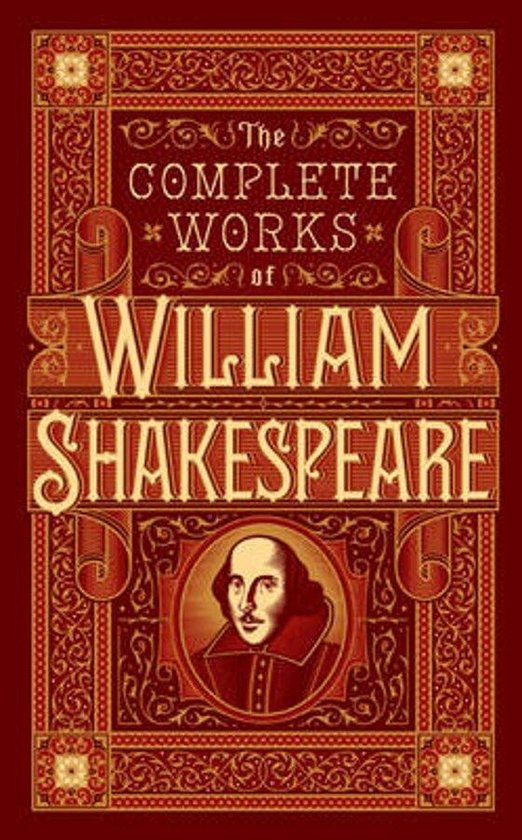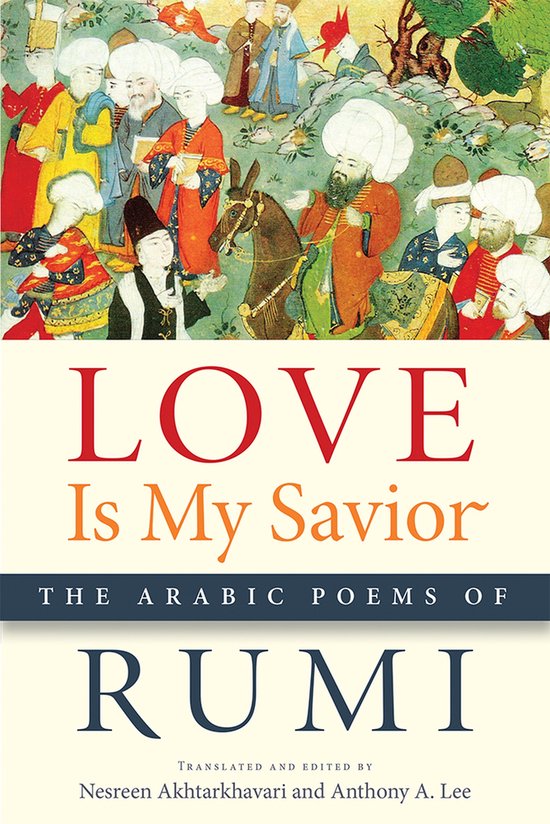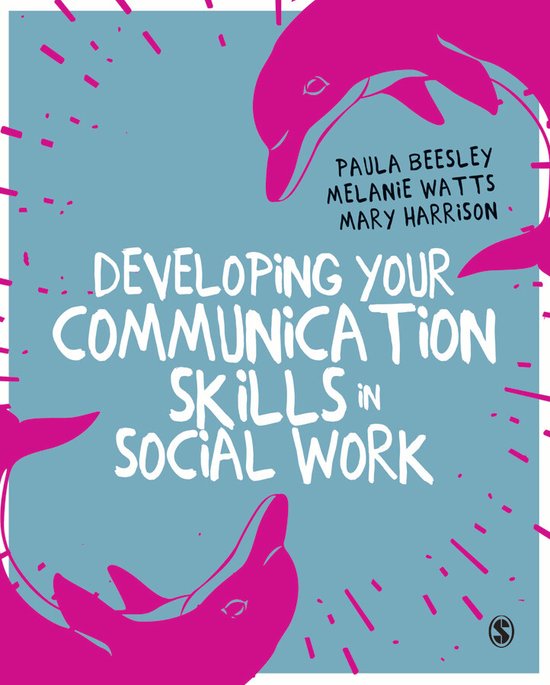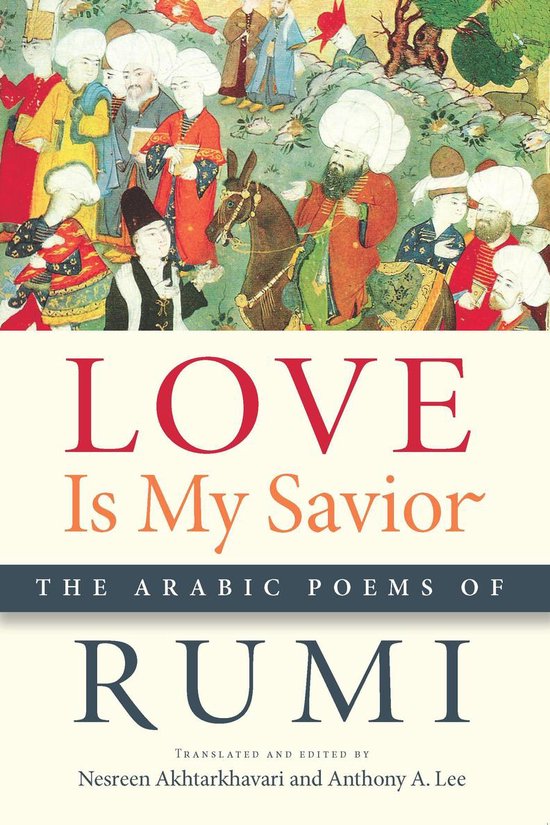
Love, Death, and Exile
Called "a major innovator in his art form" by "The New York Times", Baghdad-born poet Abdul Wahab Al-Bayati broke with over fifteen centuries of Arabic poetic tradition to write in free verse and became world famous in the process. This title contains selections from eight of Al-Bayati's books of poetry.
Called "a major innovator in his art form" by "The New York Times", Baghdad-born poet Abdul Wahab Al-Bayati broke with over fifteen centuries of Arabic poetic tradition to write in free verse and became world famous in the process. "Love, Death, and Exile: Poems Translated from Arabic" is a rare, bilingual facing-page edition in both the original Arabic text and a highly praised English translation by Bassam K. Frangieh, containing selections from eight of Al-Bayati's books of poetry. Forced to spend much of his life in exile from his native Iraq, Al-Bayati created poetry that is not only revolutionary and political, but also steeped in mysticism and allusion, moving and full of longing. This collection is a superb introduction to Al-Bayati, Arabic language, and Arabic literature and culture as well. On Al-Bayati's death in 1999, "The New York Times" obituary quoted him as saying once that his many years of absence from his homeland had been a "tormenting experience" that had great impact on his poetry. "I always dream at night that I am in Iraq and hear its heart beating and smell its fragrance carried by the wind, especially after midnight when it's quiet".
Called "a major innovator in his art form" by "The New York Times", Baghdad-born poet Abdul Wahab Al-Bayati broke with over fifteen centuries of Arabic poetic tradition to write in free verse and became world famous in the process. "Love, Death, and Exile: Poems Translated from Arabic" is a rare, bilingual facing-page edition in both the original Arabic text and a highly praised English translation by Bassam K. Frangieh, containing selections from eight of Al-Bayati's books of poetry. Forced to spend much of his life in exile from his native Iraq, Al-Bayati created poetry that is not only revolutionary and political, but also steeped in mysticism and allusion, moving and full of longing. This collection is a superb introduction to Al-Bayati, Arabic language, and Arabic literature and culture as well. On Al-Bayati's death in 1999, "The New York Times" obituary quoted him as saying once that his many years of absence from his homeland had been a "tormenting experience" that had great impact on his poetry. "I always dream at night that I am in Iraq and hear its heart beating and smell its fragrance carried by the wind, especially after midnight when it's quiet".
| Auteur | | Abdul Wahab Al-Bayati |
| Taal | | Engels |
| Type | | Paperback |
| Categorie | | Poëzie, Bloemlezingen & Letterkunde |





